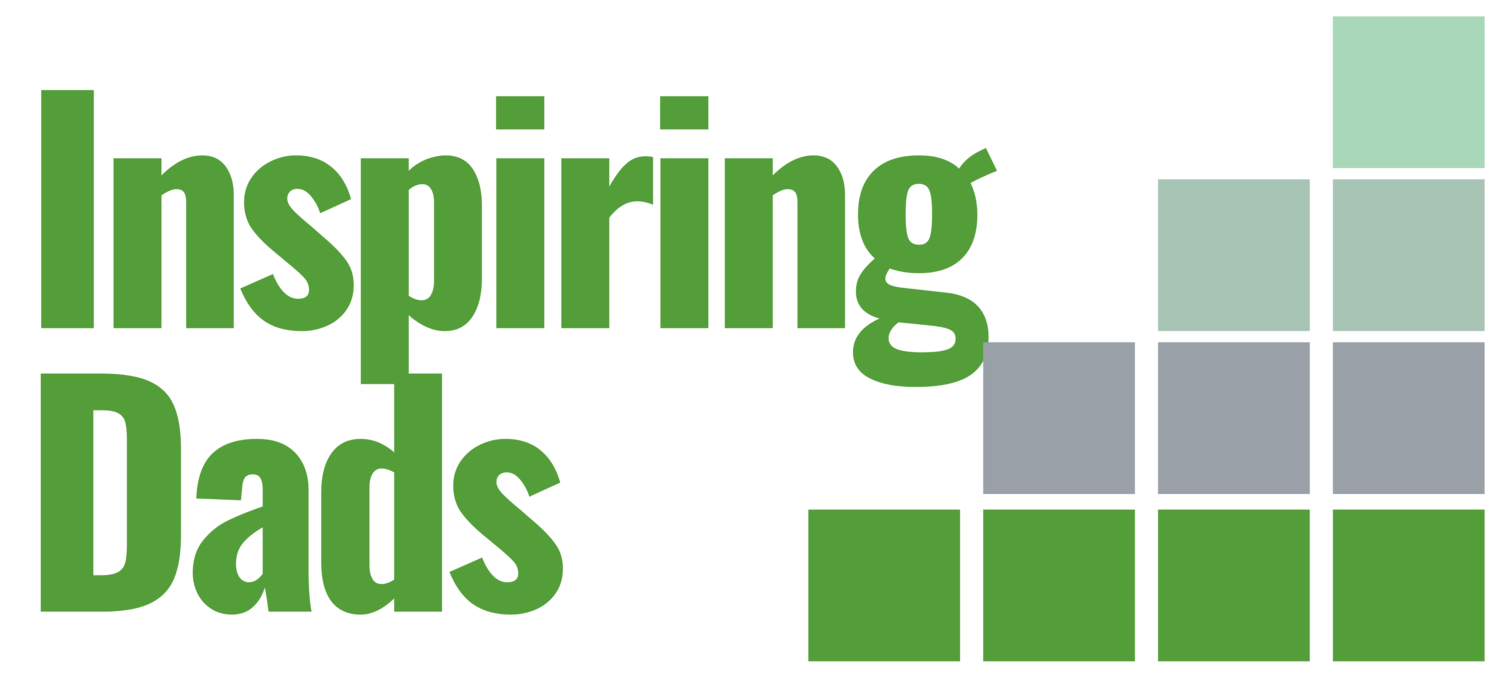Paternity leave in finance: ‘The more men do it, the less of a big deal it becomes’
The Financial Times : Paternity leave in finance: ‘The more men do it, the less of a big deal it becomes’
Paternity leave in finance: ‘The more men do it, the less of a big deal it becomes’
Make no mistake, it's a pleasure to talk all things Dads and contributing to Emma Jacobs's piece in the Financial Times was no exception.
It's a fascinating read, that uses the words of dads in financial services and law to illustrate both the positive and negative experiences of accessing extended leave and the disconnect that can exist between policy and culture, especially the gatekeeping experience that ‘Adam’ was subjected to.
The world is changing fast, and organisations can’t just rely on ‘dinosaurs’ dying out to get a grip on organisation culture. Gender equality initiatives that focus largely or solely on mother’s experiences and challenges are likely to merely reinforce societal and workplace assumptions about the role of working mums and working dads alike.
As a female, former colleague of my wife once said:
“When I first met Lisa, I didn’t think she had children, because I didn’t think a mum could do this job.”
It’s only when we see that men are as equally likely to seek out and access extended leave as women, that society, the workplace, and families will make meaningful progress towards equality both at home and in the workplace.
The evidence that Emma lays out from businesses with great parental leave policies and a joined-up culture is that men will absolutely take the leave they are offered and that “can make them more committed to an equal workforce.”
But never underestimate the line manager effect, it’s striking how many of the men Emma interviewed cited the support of their managers, matching my own coaching experience and how Adam’s negative experience was framed as being unmanly and that looking after children was his wife’s ‘job’.
My contributions
Ian Dinwiddy, a coach and founder of Inspiring Dads which supports fathers in the workplace, observes a domino effect, as more companies overcome worries about “cost [and having] to cover the leave”, forcing others to compete.
Dinwiddy says ringfenced leave — which is not shared between a couple — encourages fathers to take it. “Because [shared leave] is a choice — men have to opt in and that comes with fear of being seen as uncommitted.” There is also safety in numbers, he says. “If men think other men are going to take it, they will too.”
Further Reading
BBC July 21, “Paternity leave, the hidden barriers keeping men at work.”
“Most cite fears of being discriminated against professionally, missing out on pay rises and promotions, being marginalised or even mocked as reasons for not taking time off.”
The Behavioural Insights Team working with Santander UK found that
‘Simply telling men that their peers support parental leave and flexible working, increases their intention to share care.’ ‘Men thought that roughly 65% of their peers would encourage male colleagues to work flexibly, while in reality 99% would do so.’
Sharing this positive news changed attitudes, defeating the myth that men don’t support each other’s desire to be active and involved fathers.
More New Dad content
Ian Dinwiddy, Founder
Recent content
Blog Categories
Archive
- January 2026
- November 2025
- June 2025
- March 2025
- October 2024
- April 2024
- March 2024
- January 2024
- September 2023
- April 2023
- December 2022
- June 2022
- January 2022
- September 2021
- August 2021
- July 2021
- June 2021
- April 2021
- March 2021
- February 2021
- January 2021
- December 2020
- November 2020
- October 2020
- September 2020
- August 2020
- July 2020
- June 2020
- May 2020
- April 2020
- March 2020
- February 2020
- December 2019
- November 2019
- October 2019
- July 2019
- June 2019
- April 2019
- March 2019
- February 2019
- January 2019
- December 2018
- November 2018
- October 2018
- September 2018
- August 2018
- July 2018
- March 2018
- June 2017






